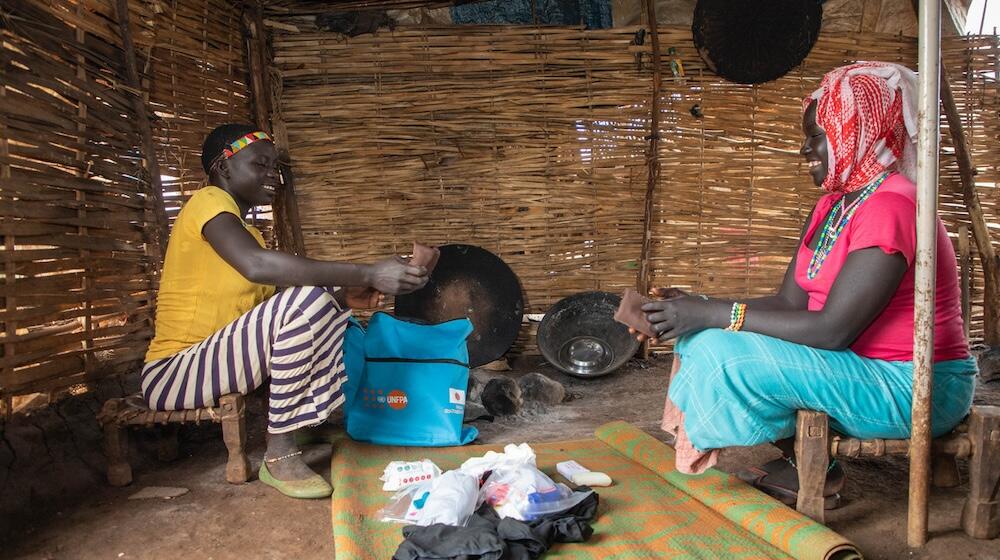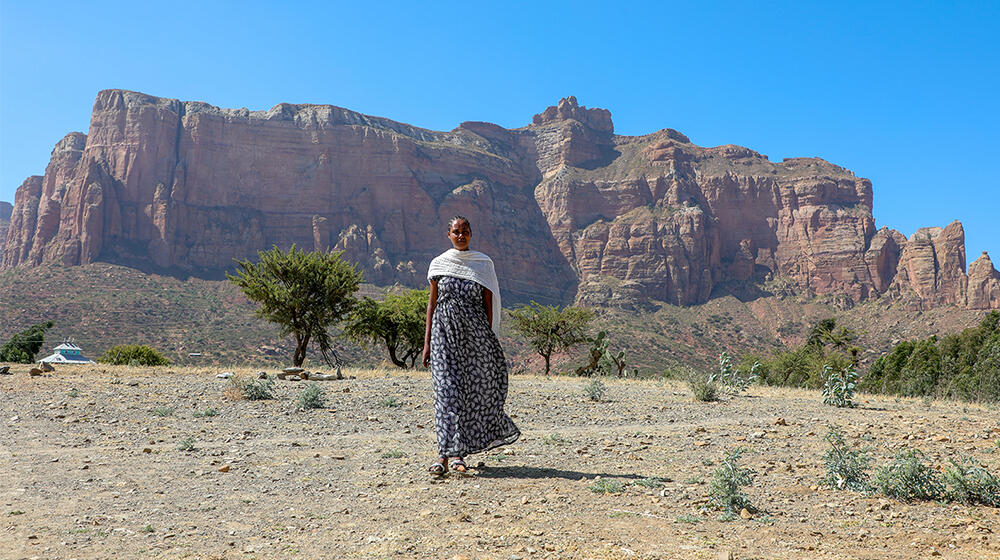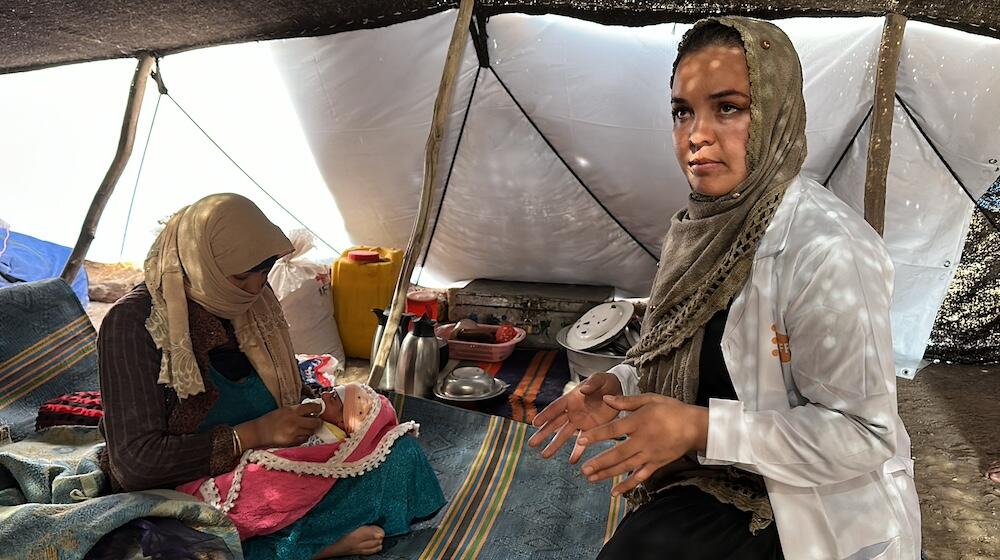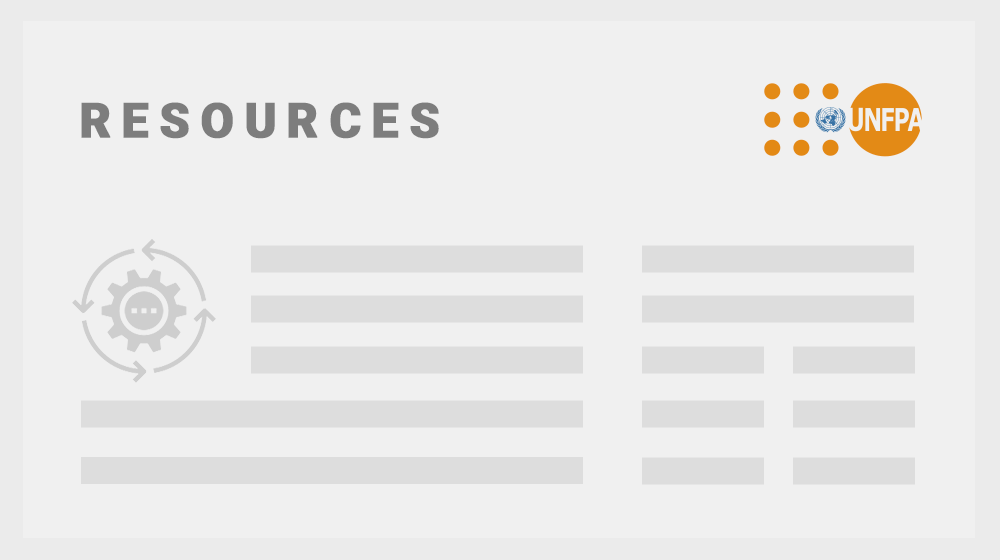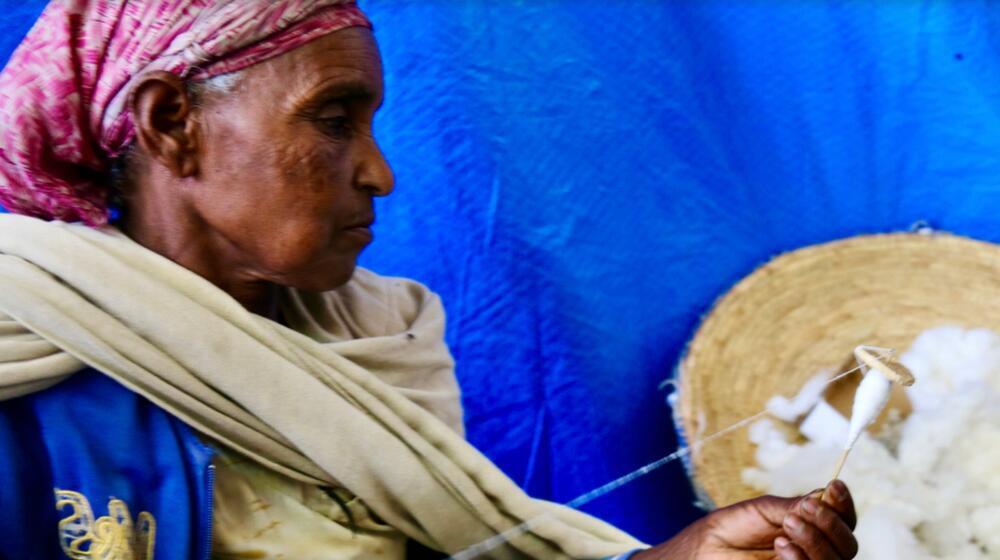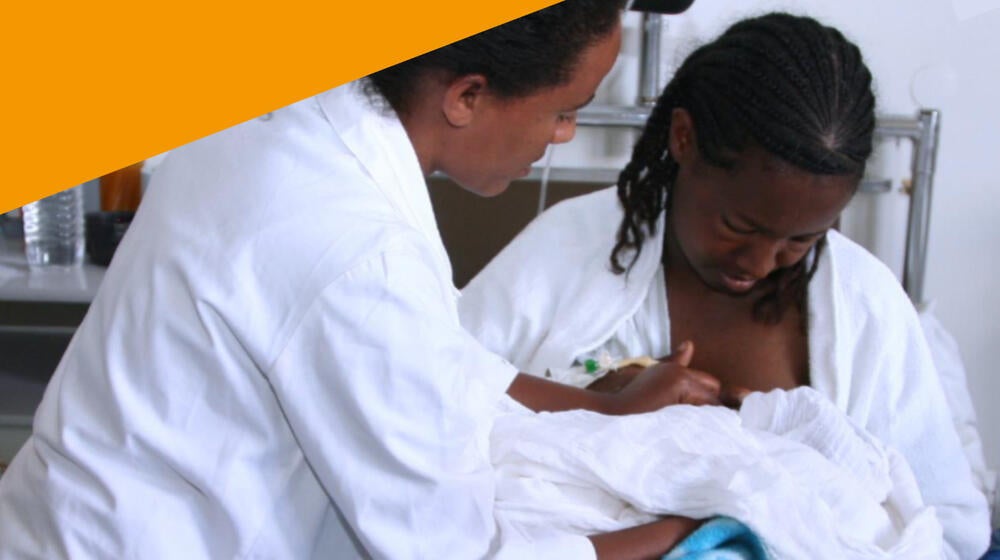Ethiopia
Conflict, climate-related shocks and disease outbreaks have left an estimated 10 million people in need of humanitarian assistance in Ethiopia, with millions displaced from their homes.
More than 2 million women of reproductive age and more than 188,000 pregnant women require essential health services, yet many are struggling to access life-saving reproductive healthcare as localized conflicts have destroyed infrastructure and created a critical shortage of providers.
Overlapping crises have brought increased risks of gender-based violence, sexual exploitation and abuse, as well as a rise in reports of harmful practices such as early and forced marriage. Around 7 million women and girls are estimated to be in need of protection and response services in 2025.
Ethiopia is also the third-largest refugee-hosting country in Africa, with the refugee population expected to exceed 1 million in 2025, placing immense pressure on already overstretched health services. Around 78 per cent of refugees – who arrive from countries including Somalia, South Sudan and Sudan – are women and children.
UNFPA is on the ground in 12 regions of Ethiopia, working with partners, particularly women-led organizations, to provide health and protection services that are critical to the well-being and survival of women and girls, including emergency obstetric care and comprehensive medical and psychosocial support for survivors of gender-based violence. In addition, essential medicines, equipment and supplies have been distributed to health facilities and hospitals across the country.
UNFPA, together with its partners, will continue to focus on the needs of women and girls and support the rehabilitation of health systems in areas affected by conflict and climate crises.
Updated 17 April 2025
